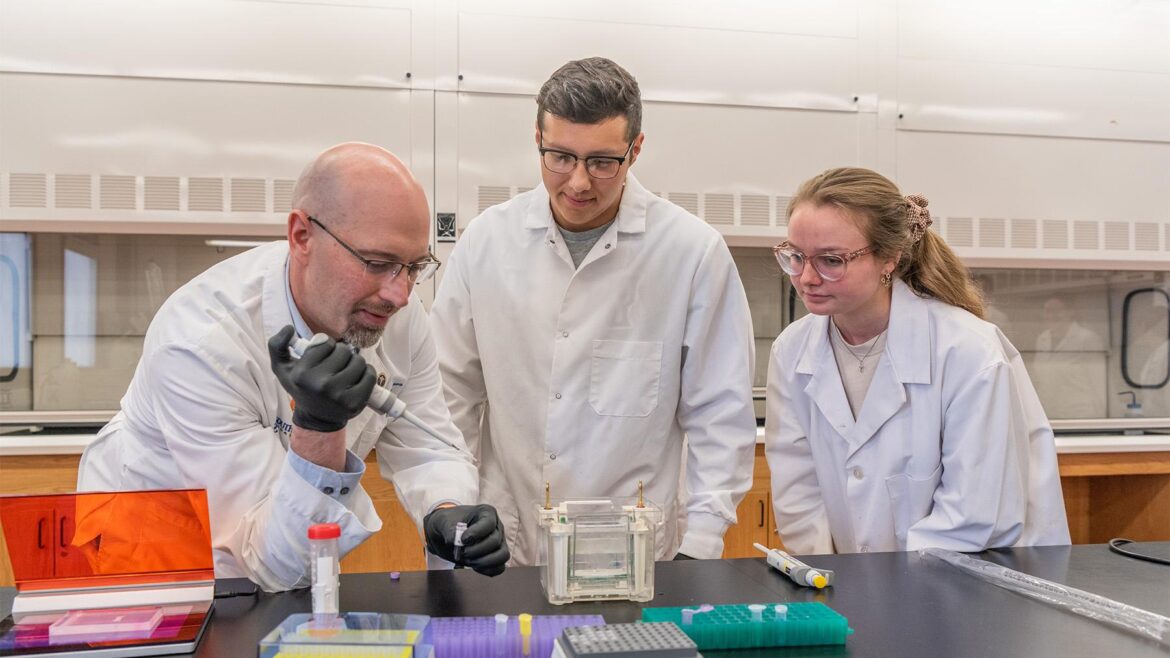Taking charge of one’s health is a process that starts with knowledge and ends with the effective use of available medical resources. In this piece, we’ll start that trip together by discussing how to make the most of medical facilities, with an emphasis on learn more about emergency room services. So, let’s get started and equip you to make decisions that benefit your health.
Know Your Choices:
The first step in taking charge of your health is learning about the local healthcare options. There are important differences between emergency rooms, urgent care facilities, hospitals, and clinics. Learning the distinctions will equip you to act wisely in critical situations.
- For emergencies that might result in death, hospitalization is the best option.
- Regular check-ups, immunizations, and other non-life-threatening medical care are available at local clinics.
- When your regular doctor is unavailable, you can get treatment for minor injuries and illnesses at an urgent care centre.
- ERs are for life-or-death situations that can’t wait for treatment.
Find the Basics for an Emergency Room:
It’s crucial to be aware of the basics of emergency care in order to be ready for any eventuality:
- Find the hospital or urgent care centre that is most convenient to both your house and office. Learn the quickest way to get there.
- Check with your insurance provider to see if they cover trips to the emergency department, and if so, what your out-of-pocket maximum would be.
- Document your medical history, including any allergies, current medications, and long-term health issues. In times of crisis, this data may be crucial.

Understand the Warning Signs
Knowing when to go to the emergency department is essential. The following are some warning signs:
- Extreme discomfort in the chest or respiratory distress
- Bleeding that can’t be stopped
- Confusion or loss of consciousness
- Sharp, excruciating headaches
- Convulsions and/or seizures
- Fractures, especially serious ones
Don’t Panic and Talk It Out:
Maintaining composure is crucial in a crisis. Upon entering the ER, you will:
- Be specific when explaining your symptoms and medical history to the triage nurse.
- Inquire further into your diagnosis and proposed treatment.
- You should speak out for yourself or a loved one by voicing concerns and asking questions.
Taking charge of your health entails making use of medical facilities when necessary, especially for emergency care. You can easily navigate the complicated world of healthcare if you know your alternatives, are prepared for emergencies, and are well-informed. So, learn more about emergency room servicesso you may take charge of your health and improve your life.



